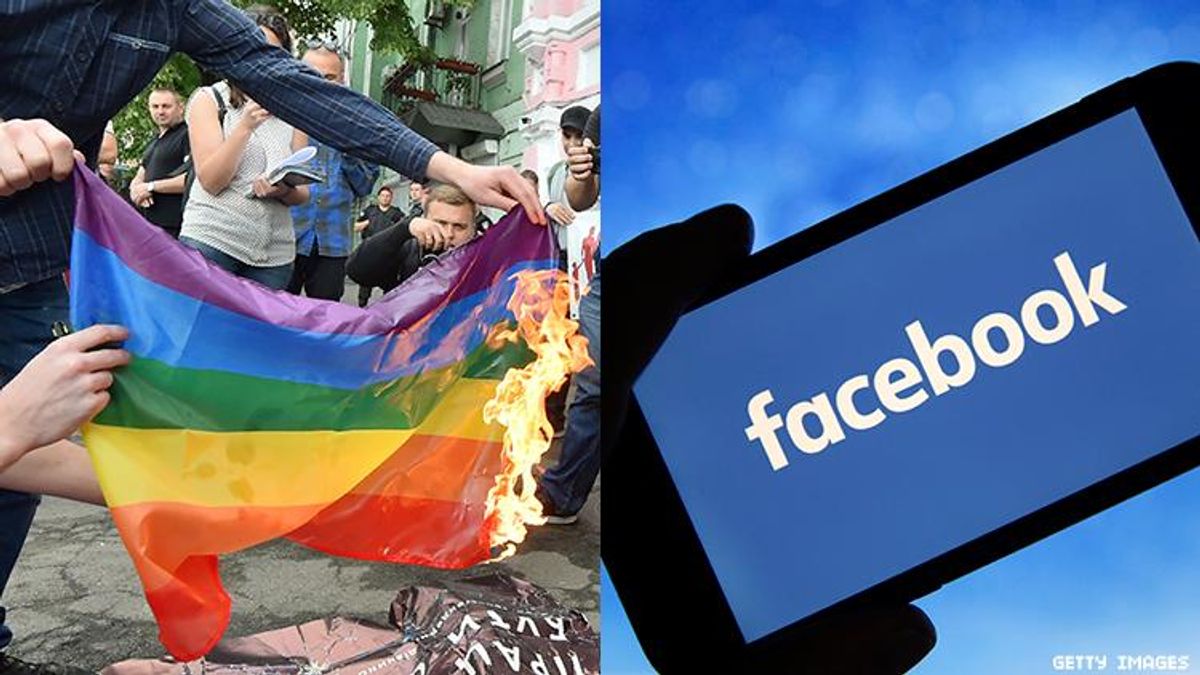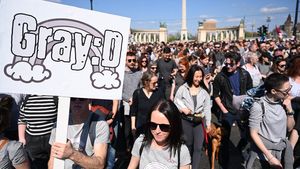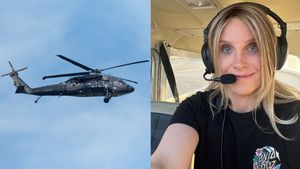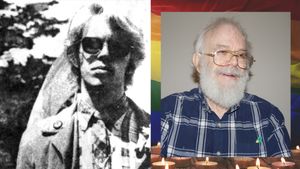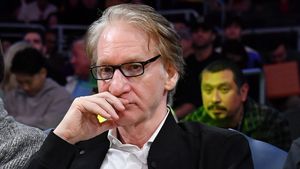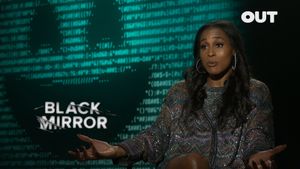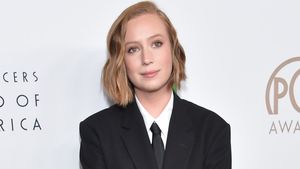Starting this month, a slew of big budget advertisers -- Starbucks, Ford, Coca-Cola, Honda, and Verizon, to name a few -- are pulling their ads from Facebook to protest the platform's lack of response to misinformation and hate speech.
The Stop Hate for Profit campaign was organized last month by several civil rights groups, including the Anti-Defamation League, the NAACP, Free Press, and Color of Change.
Facebook's founder, Mark Zuckerberg, responded to the boycott by claiming the company will start putting "warning labels" on posts but will not discontinue users from posting their content. This, so that Facebook users will have the freedom to condemn it because "this is an important part of how we discuss what's acceptable in our society." But now, a new report is highlighting the hypocrisy (and danger) of such unregulated content.
LGBTQ+ activists from across the Middle East and North Africa (MENA) have reportedly complained to Facebook about particularly disturbing posts that call for Muslims to murder LGBTQ+ people.
According to Gay Star News, Facebook responded to the activists' complaint about one particular post from a user named Abdullah, which translated to: "'If you think it's your right to act on sodomy/ homosexuality, then it's my right to throw you off the roof."
Facebook reportedly responded to the queer MENA activists by replying that the post "doesn't go against our community standards, including hate speech."
Furthermore, Gay Star News notes that activists also showed Facebook the profile picture of a user named "Michael Clarke," which depicts two stick figures -- one plain, the other done in a rainbow. In the image, the plain stick man is seen kicking the rainbow stick man in the gut, a clear anti-queer, pro-violent message.
Another user they reportedly complained to Facebook about is "Waallah Hasal," who posted an illustration of a supposed Islamic fighter with a sword facing off against peaceful LGBTQ+ and Black Lives Matter demonstrators.


Both images courtesy Facebook. (H/T: Gay Star News)
Make no mistake, Abdullah's post was not a fanciful idea or suggestion.
In the last several years, report after report after report has shown that members of ISIS, in the name of Islam, have murdered gay and bisexual men by throwing them off roofs, beheading them, or stoning them to death. Several of the victims were teenagers.
22 LGBTQ+ MENA activists and groups have written an open letter to Facebook, urging them to take more action against such violent rhetoric in the Middle East and North Africa as it does in western countries.
The letter came on the heels of Sara Hegazy's death. Hegazy's image of herself raising a rainbow flag at a Mashrou' Leila concert in October 2017 went viral. Soon after, she was imprisoned for three months. After seeking asylum in Canada, Hegazy's trauma grew too much to bear and she ultimately died by suicide.
"Although the MENA LGBTQI+ community has been reporting thousands of Arabic hate speech posts ... most of these reports were declined because the content 'did not contradict the Facebook community standards.' This is due to the lax implementation of effective anti-hate speech policies in our region, which makes the platform unsafe for sexual minorities," the letter states.
"In the U.S. and Europe, there is no room to spread hate speech against any sexual orientation, race, religion, sect or any other social group," Adam Muhammed, executive director of the Morocco-based ATYAF Collective, an LGBTQ+ group, said in a statement to Reuters. "We addressed a letter to Facebook asking its management to implement the same policy here as it uses in other countries."
Nicolas Gilles, co-founder of the France-based ANKH Association for minority rights, which co-signed the letter, called Hegazy's death a wake-up call, adding, "The LGBT+ community now in the Arab world are ... witnessing harassment and bullying and everybody is saying they could be the next [Hegazy] and we don't want that."
Facebook has since replied to the open letter, telling Reuters:
"We know we have more work to do here and we'll continue to work closely with members of the LGBTQI+ community in the Middle East and North Africa to develop our tools, technology and policies."
